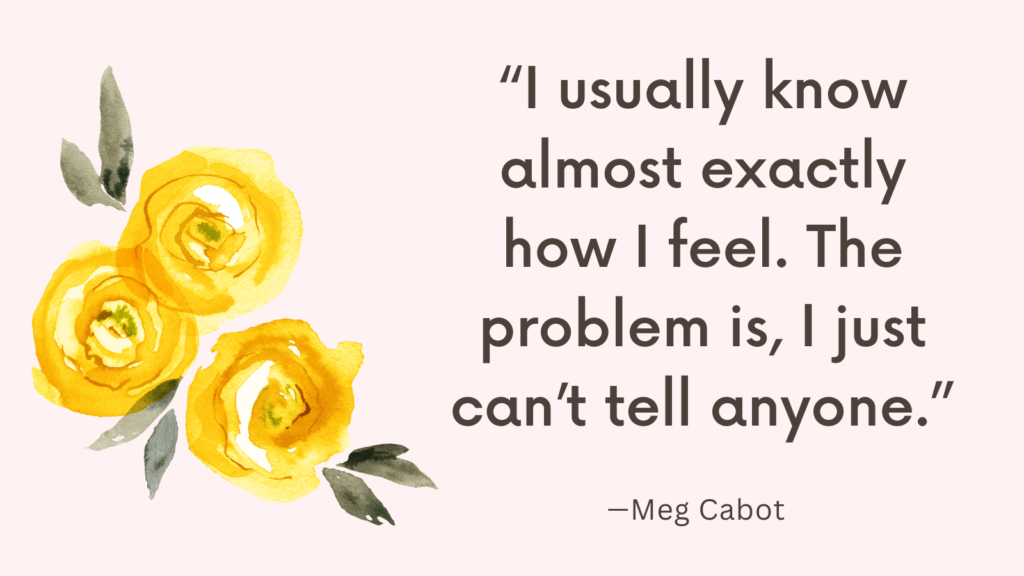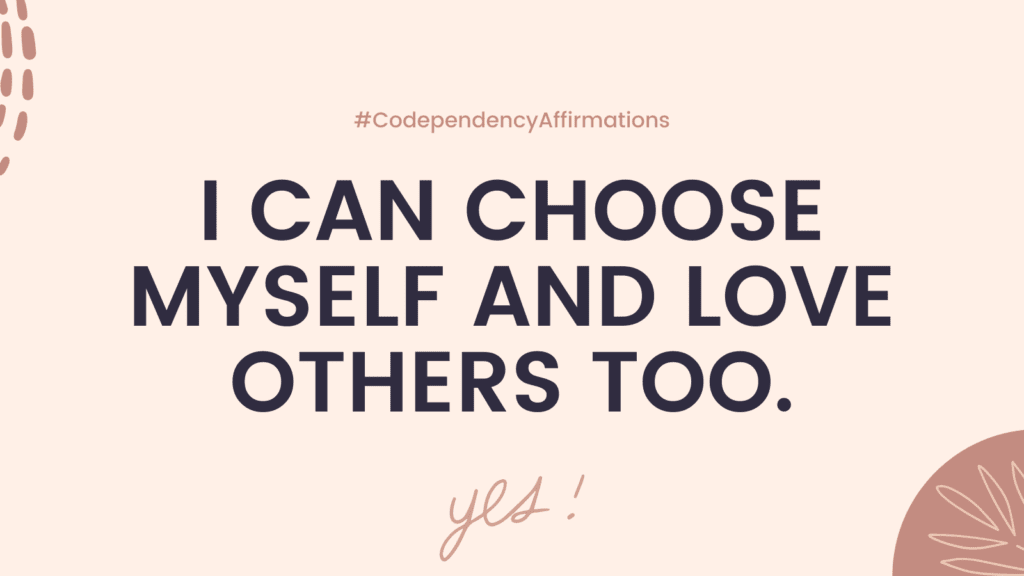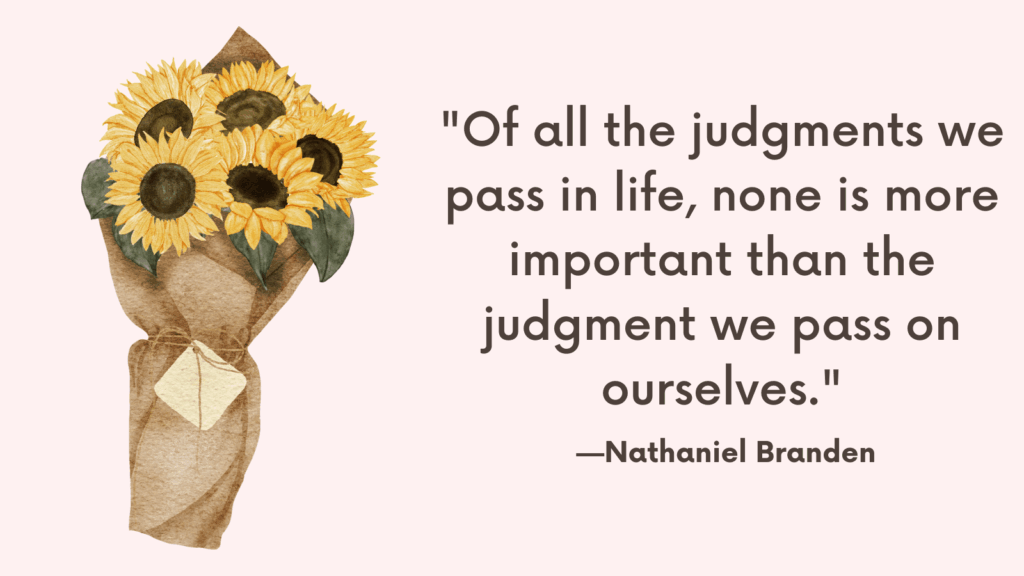In this post, you’re going to learn how to deal with someone who needs constant validation.
Reasons Someone Needs Constant Validation
Understanding the reasons underlying someone’s constant need for validation can provide insight into their behavior.
While individual motivations may vary, here are some common reasons why someone may seek constant validation:
1. Insecurity and low self-esteem
Individuals with low self-esteem may constantly seek validation as a way to boost their confidence and reassurance about their worth.
They may feel unsure about their abilities, appearance, or value, and rely on external validation to feel validated and accepted.
2. Fear of failure or rejection
Some individuals fear failure or rejection to the extent that they constantly seek validation to ensure they are meeting expectations and avoiding disappointment.
They may be highly sensitive to criticism or perceive any sign of disapproval as a personal rejection.
3. Past experiences or trauma
Previous experiences of rejection, criticism, or emotional trauma can contribute to a need for constant validation.
These experiences may create deep-seated insecurities and a fear of repeating painful situations, leading individuals to seek continuous reassurance and approval.
Related: Top 18 Self Esteem Exercises (+FREE CBT For Self-Esteem Worksheets PDF)
4. Perfectionism
Those who possess perfectionistic tendencies often have high standards for themselves, seeking validation as confirmation that they have met these lofty expectations.
They may feel intense pressure to always succeed and fear the consequences of falling short.
5. Lack of self-awareness
Some individuals may lack a strong sense of self-identity or awareness, making them more reliant on external validation for a sense of identity and self-worth.
They may struggle to validate themselves or define their own values, relying on others’ opinions instead.
6. Learned behavior
Growing up in an environment where validation was scarce or conditional may lead individuals to develop a habitual need for external validation.
If they experienced limited emotional support or were consistently criticized, they may seek validation as a way to fill the void or gain acceptance.
7. Social comparison
In today’s social media-driven society, constant exposure to others’ achievements can intensify the need for validation.
The desire to measure up to others and gain external validation through likes, comments, or followers can become a driving force for seeking continuous approval.
It is important to remember that these reasons do not excuse or justify unhealthy behaviors, but understanding them can help approach the situation with empathy and support.
Related: Letting Go of Perfectionism: Best 20 Tips
How to Deal with Someone Who Needs Constant Validation?
Dealing with someone who constantly seeks validation can be challenging, but there are strategies you can employ to navigate this situation effectively. Here are some suggestions:
1. Understand the underlying causes
It’s essential to approach the person with empathy and try to understand the root causes of their need for constant validation.
They may have low self-esteem, a fear of failure, or past experiences that have shaped their behavior.
By recognizing these factors, you can approach the situation with compassion and patience.
2. Set healthy boundaries
Establish clear boundaries to prevent yourself from becoming overwhelmed or enabling their validation-seeking behavior.
Communicate your needs and limitations respectfully but firmly.
Encourage them to take responsibility for their own self-worth and emphasize that external validation should not be their sole source of confidence.
3. Practice active listening
Give the person your full attention when they express their need for validation.
Show empathy, validate their feelings without reinforcing their behavior excessively, and demonstrate that you genuinely hear and understand them.
This approach can help create a supportive environment while also encouraging introspection.
Related: How To Break Codependency Habits For Good? (+FREE Codependency Worksheets)
4. Encourage self-reflection
Help the individual develop self-awareness by encouraging reflection on their own accomplishments, strengths, and abilities.
Prompt them to recognize instances where they didn’t seek validation and still felt a sense of accomplishment or satisfaction.
Encourage them to focus on intrinsic motivation and personal growth rather than relying solely on external validation.
5. Promote self-esteem building activities
Encourage the person to engage in activities that boost their self-esteem and sense of self-worth.
This could include pursuing hobbies, setting achievable goals, practicing self-care, or seeking professional help if necessary.
Encourage them to celebrate small victories and acknowledge their own progress.
6. Provide constructive feedback
Offer specific and constructive feedback when the person seeks validation.
Focus on their effort, progress, and improvement rather than solely on the outcome.
Encouraging them to reflect on their own achievements can help build confidence and reduce the need for external validation over time.
Related: Best 10 Overcoming Codependency Exercises
7. Encourage a growth mindset
Help the individual shift their perspective towards a growth mindset.
Emphasize that personal development is a lifelong journey and that failures or setbacks are opportunities for learning and growth.
Encourage them to embrace challenges, view criticism as constructive, and celebrate resilience and perseverance.
8. Recommend therapy or counseling
If the person’s need for validation significantly impacts their daily functioning or relationships, it may be beneficial to suggest they seek professional help.
Psychotherapy or counseling can provide a safe space for them to explore their underlying issues, develop coping strategies, and work towards building a healthier self-perception.
9. Lead by example
Model healthy self-esteem by demonstrating confidence in your own abilities, setting realistic goals, and celebrating your achievements without constant external validation.
By showcasing self-assured behavior, you may inspire others to develop a more balanced perspective on validation.
Related: Top 25 Tips On How To Set Boundaries Without Being Controlling? (+FREE Worksheets PDF)
10. Practice patience and compassion
Addressing the need for constant validation is a gradual process.
Remember to be patient and compassionate, both towards the person seeking validation and yourself.
Changing deeply ingrained patterns takes time, understanding, and consistent effort.
It’s important to note that the above suggestions are intended as general guidance and may not be applicable to every individual or situation.

The Challenges of Dealing with Someone Who Needs Constant Validation
Understanding the challenges of dealing with someone who constantly seeks validation is an important aspect of managing this situation effectively. Here are some key challenges you may encounter and strategies to address them:
1. Emotional exhaustion
Constantly validating someone’s feelings and seeking their approval can be emotionally draining for you.
It is important to set boundaries and take care of your own well-being.
Recognize that you cannot be responsible for fulfilling their every need for validation.
Engage in self-care activities, practice stress management techniques, and seek support from friends, family, or a therapist if necessary.
2. Enabling dependence
Continuously providing validation may inadvertently reinforce the person’s reliance on others for self-esteem.
This can prevent them from developing their own internal sources of validation and self-worth.
Encourage them to explore their interests, set personal goals, and develop a sense of accomplishment independent of external validation.
3. Dealing with constant demands
The person seeking validation may frequently demand your attention, approval, or feedback.
Establish clear boundaries and communicate openly about what you can reasonably provide.
Encourage them to seek validation from other sources as well, such as friends, mentors, or support groups.
Related: Codependency And Enmeshment: 9 Signs You May Be In An Enmeshed Relationship
4. Codependency
Codependency can develop in relationships where one person constantly seeks validation and the other person becomes their primary source of approval.
Be mindful of maintaining a healthy balance by encouraging autonomy and fostering independence in the individual seeking validation.
5. Frustration and resentment
Constantly validating someone may lead to feelings of frustration or resentment, especially if their validation-seeking behavior becomes overwhelming or demanding.
Practice self-awareness and recognize these emotions, but try to approach the situation with empathy and understanding.
If needed, seek support from a therapist to process these emotions in a healthy manner.
Conclusion
Someone who needs constant validation is someone who heavily relies on the approval and validation of others to feel confident, worthy, and secure.
They often seek constant reassurance and affirmation from those around them, be it through praise, compliments, or recognition.
This need for validation may stem from a lack of self-confidence or self-esteem, causing them to constantly doubt their own abilities and worthiness.
It’s important to approach individuals who need constant validation with empathy, understanding, and patience, as they may be struggling with deep-seated insecurities and fears of rejection.
Encouraging them to develop their self-confidence and reassuring them of their worth can help them gradually rely less on external validation and foster a healthier sense of self-esteem.



